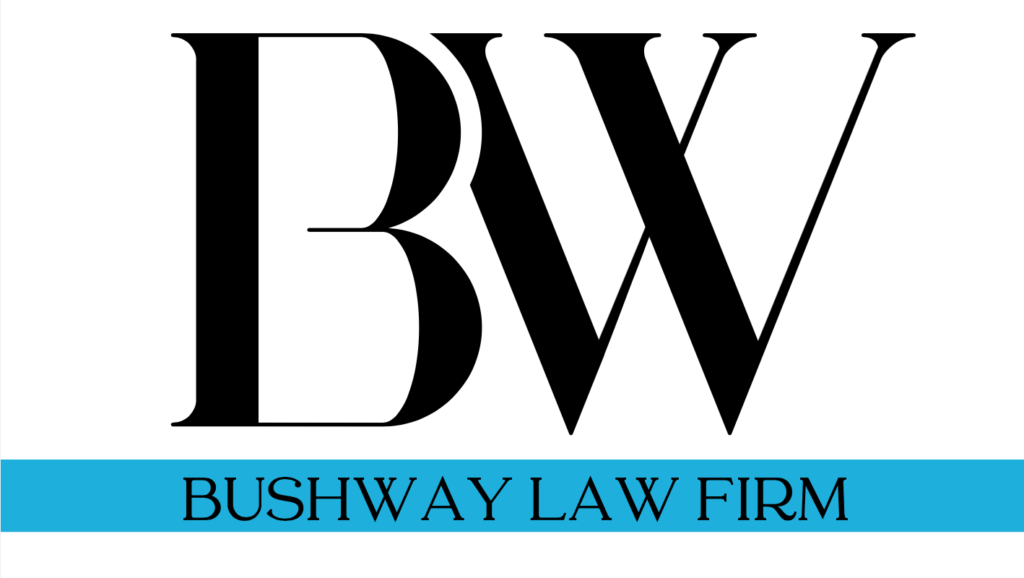Most people are familiar with two types of warrants used in criminal investigations: search and arrest. The former authorizes law enforcement to search for evidence in a suspect’s home, vehicle, place of business, or other location they have access to. The latter authorizes law enforcement to actively attempt to locate and bring into custody a suspect in a criminal case.
The third, more common but less frequently discussed warrant used by the justice system is the bench warrant. Issued by a judge and enforced by law enforcement, a bench warrant is a less aggressive but no less powerful tool to compel compliance with court orders in criminal and civil matters.
If you suspect you may be the subject of a bench warrant, having the right legal representation could mean the difference between freedom and incarceration.
What Is a Bench Warrant?
Put simply, a bench warrant is a document issued by a court that informs law enforcement that an individual is wanted by the court and should be arrested. If a bench warrant in your name has been issued, police may be actively searching for you to execute the warrant and place you under arrest. In other circumstances or in other jurisdictions, the police won’t be out actively looking for you, but if you encounter law enforcement in any situation, whether they’re responding to a traffic accident or pulling you over for a broken taillight, they will arrest you and place you in custody.
Bench warrants may cross jurisdictions, so if you have an open warrant in Seattle and are stopped in Miami, the police may still take you into custody and extradite you to Washington to respond to the warrant.
Why Is a Bench Warrant Issued?
While an arrest warrant is typically issued when a person has broken the law, a bench warrant results from someone disobeying a court order. Reasons for a bench warrant being issued may include:
- Missing a court date. Even if missing the court date is to your disadvantage in other ways, your failure to appear violates a court order, and the judge can issue a bench warrant in your name.
- Missing jury duty. That summons in your mailbox is not a suggestion. Failure to report at the appointed time without calling before your appearance date to explain your future absence is technically contempt of court, and the judge is well within their rights to issue a bench warrant for your arrest.
- Violation of parole or probation terms. If a duly appointed parole or probation officer reports to the court that you have in any way violated the terms of your release, a bench warrant will be issued, and you will be taken into custody if you encounter law enforcement.
- Skipping traffic court. While many traffic violations are not criminal, if you miss traffic court and have not paid the fine before your scheduled appearance, you will join the thousands of people with traffic-related Failure to Appear (FTA) bench warrants.
- A Grand Jury Indictment or Sworn Affidavit. If you are indicted in a criminal matter by a grand jury, or if someone accuses you of a crime via affidavit (often called “swearing out a warrant”), a bench warrant may be issued instead of an arrest warrant.
These are just some reasons a bench warrant may be issued in Georgia. The court has wide latitude to compel individuals to comply with its orders, and the justice system commonly uses the bench warrant for that purpose.

How Do I Know If I Have a Bench Warrant?
It sounds like a catch-22. To know if you have a bench warrant, you must show up at the courthouse or a law enforcement center with your photo ID. But if there is an outstanding warrant, you will be arrested and placed in custody as soon as your identity is verified.
By obtaining legal representation, you can sidestep that dilemma. When you secure an attorney, they will serve as your agent and can obtain all the important details about any outstanding warrants on your behalf. You should never present yourself to law enforcement if you have even the tiniest suspicion that there could be a bench warrant with your name on it. Get an attorney and let them research for you.
A lawyer will be able to:
- Find out the nature of any outstanding warrants in your name and why they were issued.
- Determine the possible repercussions for your violation and if there is a chance for you to clear the warrant without being taken into custody.
- Talk with you to determine why the violation occurred and if your reason could be compelling enough to prevent your arrest.
- Make the argument on your behalf and attempt to get the warrant cleared without you being required to surrender to law enforcement.
If they cannot get the warrant cleared, they can prepare you to surrender to law enforcement, arrange for a speedy assessment of bail, and hopefully navigate you through the surrender process and a release on bail or bond quickly.
Are You Worried About a Possible Bench Warrant? Talk to Bushway Law Firm by Calling 478-621-4995.
Gregory Bushway is a former prosecutor who has successfully served as a criminal defense attorney in Macon, Georgia, since 2013. Having worked on many different sides of the law, he knows your opponent and will fight for your rights. Tell us about your case today: 478-621-4995
Recent Articles:
- Breaking and Entering vs. Burglary: What Are the Differences?
- How to Choose the Right Criminal Attorney
- Crucial Steps to Take After a DUI Arrest


